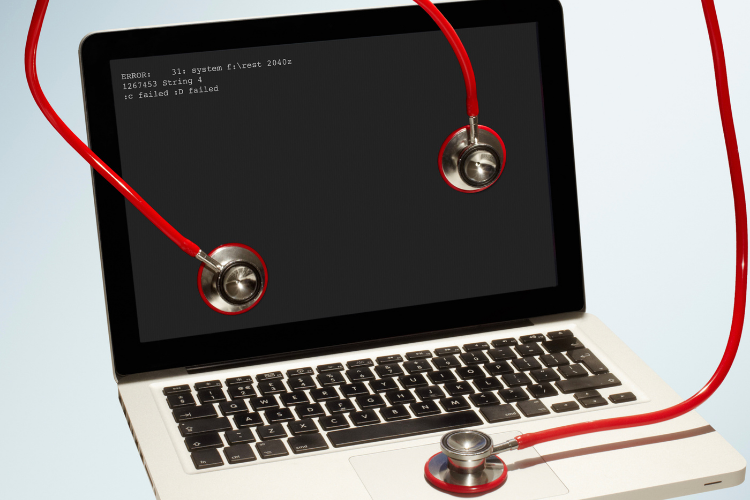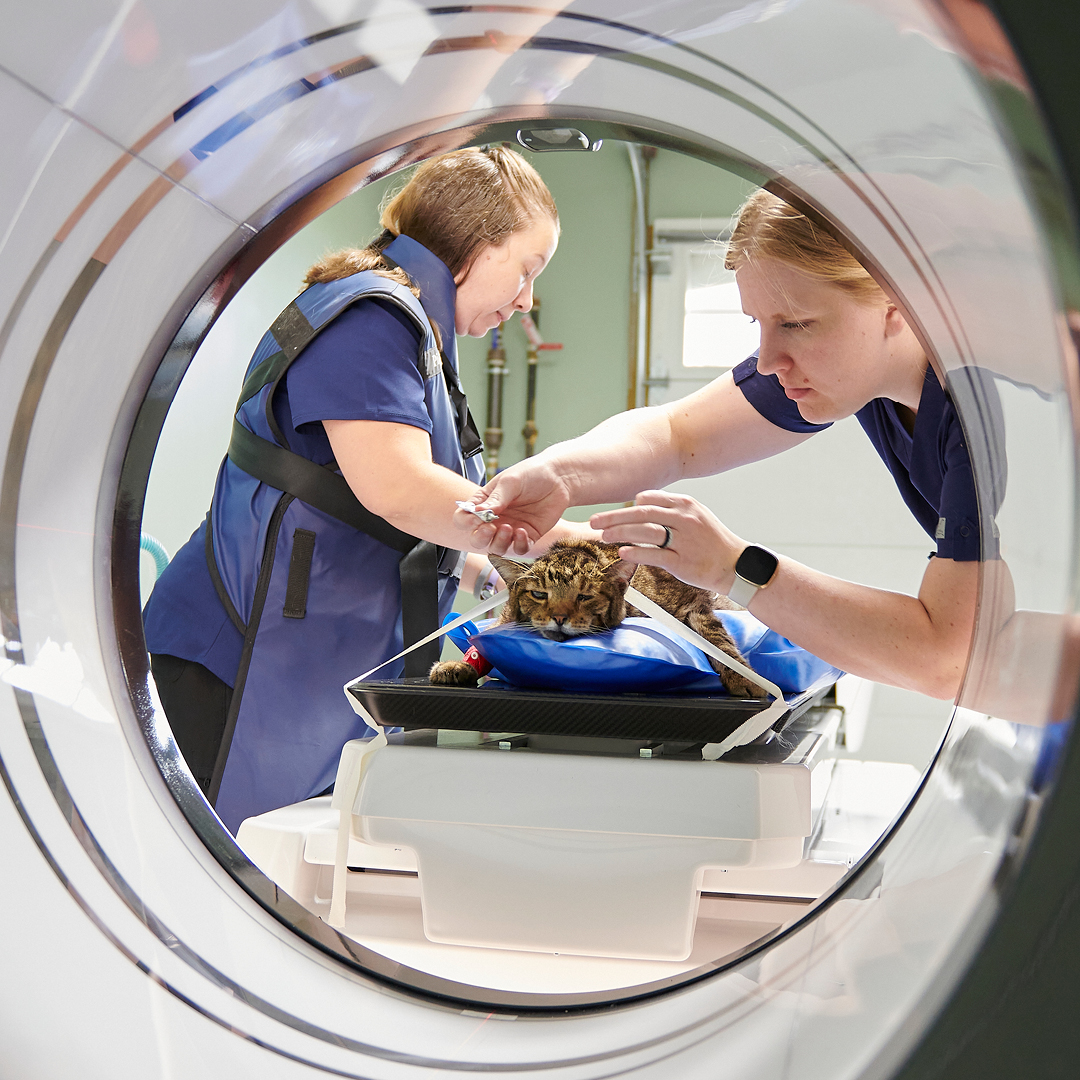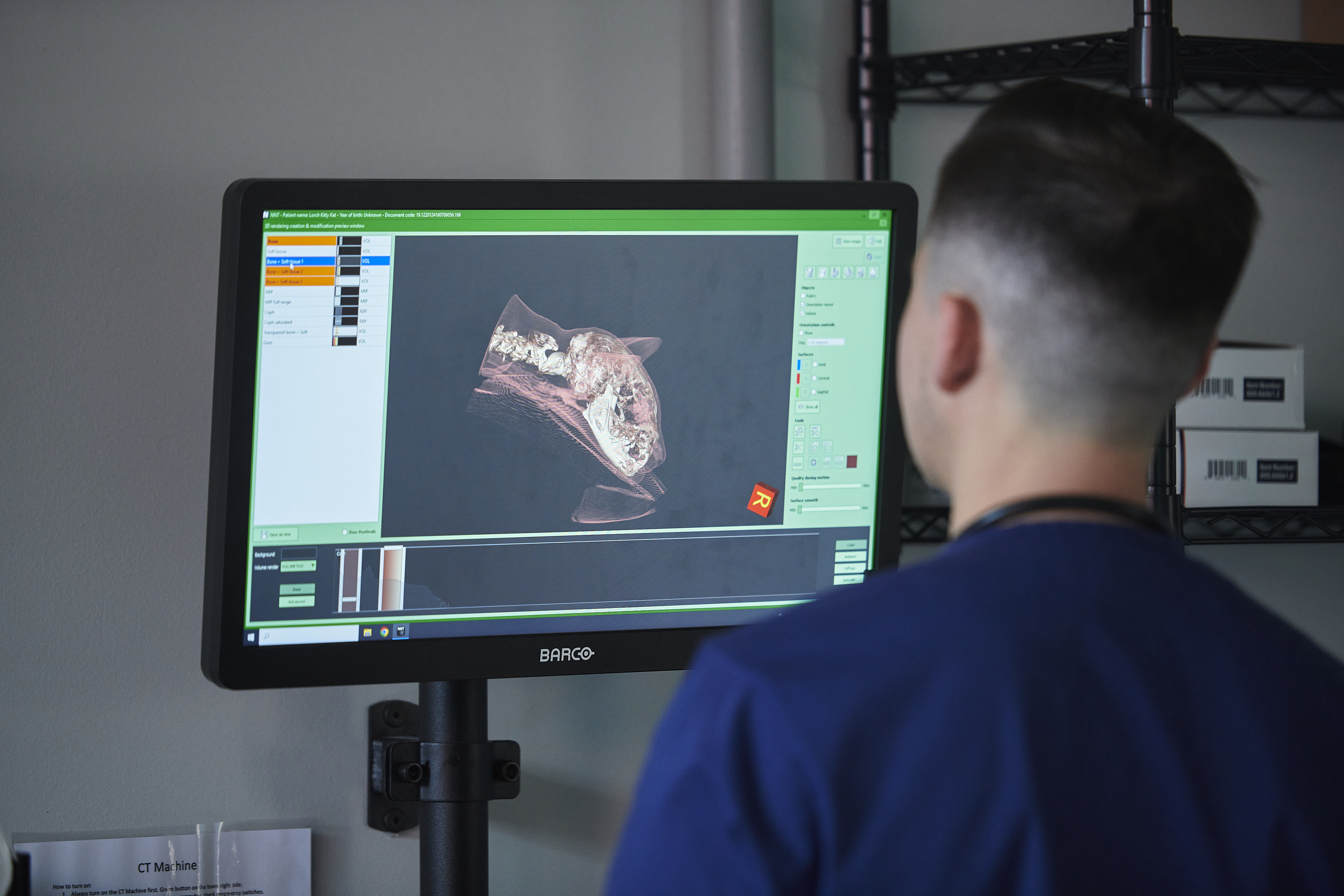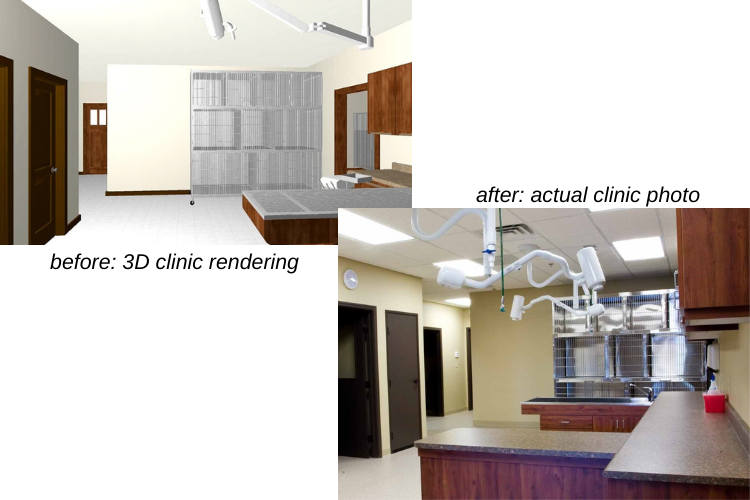Depending on your “techie” affinity – and role in your clinic – you may or may not know that change is afoot in Microsoft Land. Microsoft has upgraded its operating system (OS) and is pushing out a new version of Windows across all eligible devices. Which promises good things for veterinary practices: enhanced security, rich integrations, better performance, and a pleasing aesthetic.
But just as birds molt, embracing a shiny, new technological future means shedding the old, unviable plumes. Windows 11 isn’t compatible with all existing hardware or veterinary-specific software, so you will want to tune in and plan accordingly. That way your practice is prepared for potential disruptions due to the upgrade, as the technology you rely on for operations, record-keeping, diagnostics, and communication may be affected.
Preparing your clinic for Windows 11
Our expert IT partners at pute.us have put together a guide to make your Windows 11 transition smoother. Use the step-by-step action plan to ensure a gentle landing.Run Microsoft’s PC Health Check on all computers

Check with software vendors for Windows 11 compatibility
Many veterinary clinics use industry-specific tools like PIMS, in-house lab software, and digital imaging platforms. Think IntraVet, AVImark, ezyVet, IDEXX or Antech. These systems may not yet be fully tested or optimized for Windows 11. It’s important to contact your software vendors and ask about compatibility, any known bugs or patches and what version your practice should be on before upgrading.Inventory all peripherals for driver support
Don’t forget your peripheral equipment! Devices like label printers, digital microscopes, dental imaging sensors, and barcode scanners may not work smoothly with Windows 11 right away. Driver issues are common during early adoption. You’ll want to check each manufacturer’s website for Windows 11 driver updates. If none are available, delay the upgrade for that station.Create a timeline for phased upgrades

Back up all data and client records

Prepare your team and provide basic training
Engage your staff ahead of time; they are daily operators of the impacted technology. Let them know when upgrades will happen, what changes they can expect and who to contact if something isn’t working. Schedule basic team training or walkthroughs before switching over to Windows 11. A new interface means a learning curve, especially for team members who are less tech-savvy. Simple tasks like navigating menus or saving files might be confusing at first. Even a 30-minute team demo can smooth out the transition.Involve your IT partner for guidance and support
Whether you have an in-house IT team or use a veterinary IT provider like pute.us, schedule time for them to assess your systems and lead the upgrade process. They can save you considerable time and effort by confirming hardware/software compatibility, handling licensing, and managing potential rollbacks if something breaks. Having tech support on standby during the upgrade reduces downtime and frustration.Delay upgrade if core tools or devices aren’t ready
If you’ve vetted hardware and software compatibility, confirmed that peripheral drives are stable, and trained your team, move forward with the upgrade. But if you haven’t checked all those boxes, it may be smart to wait. You want to be adequately prepared for changes and workflow disruptions to ensure your practice can adjust without impacting patient care.Print your free Windows 11 upgrade guide > HERE
Make transition planning a priority

It presents an opportunity for your clinic. With better security, performance, and usability, the operating system can streamline your workflows and improve digital safety. But the upgrade can also come with challenges, especially if your practice has older equipment, complex software ecosystems, or limited IT resources.
Windows 10 support is scheduled to end on October 14, 2025, so you’ll want to plan for the transition sooner rather than later. Beyond that date, there will be security risks and software compatibility issues, but Microsoft has some options available to businesses.
Need help navigating the upgrade?
Patterson partners with pute.us for their exceptional IT support, dedicated exclusively to veterinary hospitals. They can help you audit your systems, plan for the upgrade, and maintain full operational continuity through the transition to Windows 11.Learn more about how pute.us can keep your practice running smoothly on our website or ask your rep.
Click here to print your free, step-by-step action plan
Share
Related blogs

Behind the Technology: How CT Imaging Is Transforming Everyday Veterinary Care
Innovations in CT imaging represent not just large technical leaps, but a shift in how teams approach medicine.
What was once only able to be found in referral centers can now be accessed more readily and affordably.
Learn more about the broader applications of CT along with the many benefits including improving team culture and creating practice growth.
Take the next step towards bringing CT to your practice here.
What was once only able to be found in referral centers can now be accessed more readily and affordably.
Learn more about the broader applications of CT along with the many benefits including improving team culture and creating practice growth.
Take the next step towards bringing CT to your practice here.

Digital Imaging Buyers Guide
In today’s veterinary world, digital imaging is no longer a luxury – it’s a necessity. But with so many systems, features, and price points to choose from, finding the right fit for your practice can feel overwhelming. In our latest white paper, two industry experts and advanced imaging consultants share practical advice, hard-earned lessons, and key questions to ask before you invest. Here’s a sneak peek at what they had to say.

